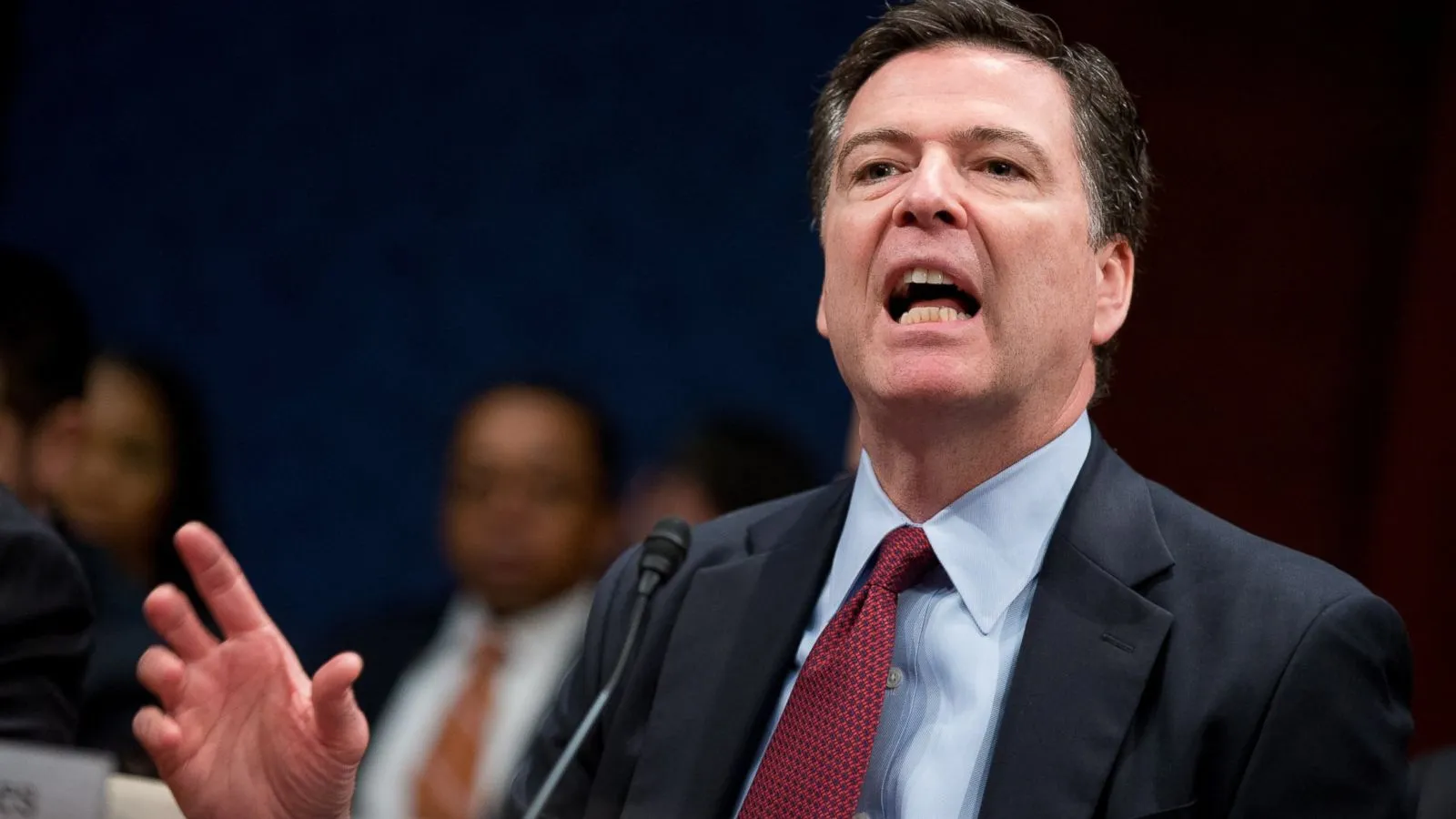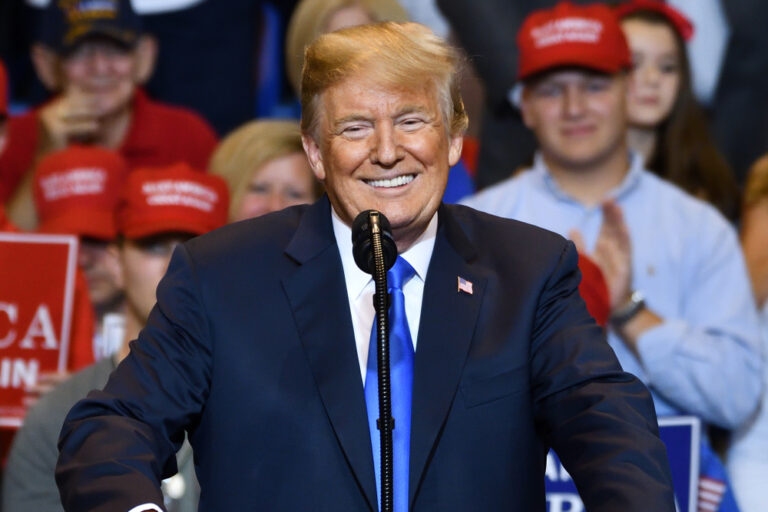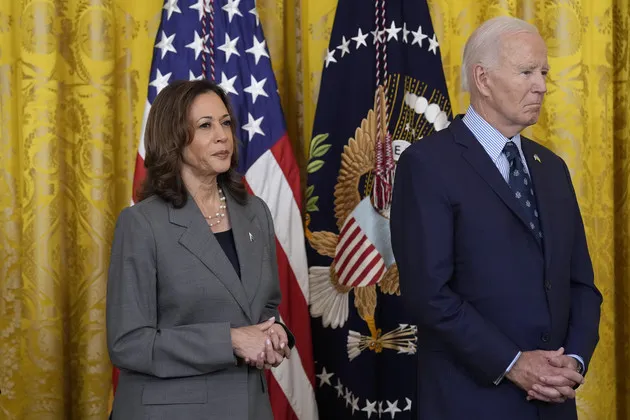BREAKING: Whistleblower Exposes Former FBI Director James Comey

A newly revealed whistleblower report claims that former FBI Director James Comey personally ordered an unprecedented off-the-books operation against Donald Trump shortly after he announced his 2016 presidential bid. According to the report, which has been reviewed by the House Judiciary Committee, Comey instructed undercover female FBI agents to infiltrate Trump’s campaign under pretenses to gather potentially incriminating information, despite there being no legal predicate for the investigation.
The allegations suggest that Comey’s actions could represent a serious abuse of power. If verified, it would expose the FBI’s willingness to operate outside standard protocol to target a political campaign. “If true, this report is a booming, egregious violation of the rules governing the attorney general and the FBI,” stated former FBI Assistant Director Chris Swecker. Swecker, a long-time critic of Comey, emphasized that any such investigation would have required clear legal justification, which appears to be lacking in this case.
The whistleblower disclosed that Comey and his top associates launched the operation as a “fishing expedition.” This alleged operation was conducted without a formal investigation and targeted the Trump campaign. Comey reportedly instructed two female undercover agents to act as “honeypots,” designed to engage with high-level members of Trump’s team, including then-campaign advisor George Papadopoulos. By allegedly setting up a trap to implicate Trump’s associates, Comey crossed a line that many believe should never be crossed by law enforcement officials.
According to the whistleblower, Comey ensured that the investigation remained entirely hidden from official FBI records, a significant departure from standard protocol. The disclosure claims that Comey ordered no case file be created in the FBI’s system, allowing him to proceed with what the agent described as an “unofficial, off-the-books” probe into Trump’s campaign. Such methods, if verified, reveal a covert operation undertaken without any of the traditional checks and balances.
Trump, who announced his first campaign in June 2015, was reportedly not suspected of any crime when Comey ordered the infiltration. Yet Comey allegedly sought damaging information on the then-candidate, initiating an operation that targeted his associates without any legal basis. The FBI’s early investigation reportedly began long before the agency’s formal Crossfire Hurricane operation, which later claimed to be a response to supposed Russian collusion with the Trump campaign. Unlike Crossfire Hurricane, this “off-the-books” probe seems to have been a criminal investigation aimed at entrapment.
The lack of a proper basis for Comey’s actions raises questions about the FBI’s role in potentially influencing the 2016 election. Swecker pointed out, “It’s sensitive to the point where it would have to have been approved by the [attorney general] and … would have to be predicated.” Swecker and others believe that Comey’s operation, in failing to meet these legal requirements, was a breach of law enforcement norms and rules.
One of the central figures allegedly targeted by the undercover agents was George Papadopoulos, a campaign advisor later convicted in 2017 for making false statements to the FBI. In his defense, Papadopoulos has consistently claimed that he was entrapped by FBI agents with ties to intelligence operations who sought to lure him into a setup concerning Russian interference and supposed dirt on Hillary Clinton. The whistleblower claims that FBI agent Curtis Heide acted as Papadopoulos’ handler, intensifying suspicions of an orchestrated trap.
Papadopoulos has publicly stated that he believed one of these “honeypots” was connected to the CIA rather than the FBI. This raises questions regarding cooperation or coordination between intelligence agencies, potentially broadening the scope of Comey’s alleged operation. If both the FBI and CIA were involved, the operation could have even deeper ramifications for understanding intelligence agency activities and their oversight.
The whistleblower alleges that the FBI’s undercover operation continued for an extended period until a photo of one of the undercover agents was discovered by a major news outlet. To prevent exposure, the FBI allegedly stepped in, claiming the image was of an “informant” who would be at risk if identified. This excuse allegedly kept the story from breaking, ensuring that the FBI’s covert activities remained hidden from the public.
Following the near-exposure, the whistleblower claims that Comey took further measures to cover up the operation. One of the agents was reportedly transferred to the CIA to prevent her from being called as a witness in the future. Another FBI employee involved in the probe was allegedly promoted as a reward for their participation. Such actions, if true, point to a deliberate attempt to conceal the FBI’s activities and protect those who took part.
House Judiciary Committee members confirmed receiving the report and stated they “plan to look into” the allegations. The committee’s inquiry could determine whether the FBI acted within legal limits and if Comey abused his position of authority. For many, the whistleblower report underscores a longstanding concern over politicization within the FBI and the potential weaponization of the agency against political candidates.
Comey’s alleged motivations remain unclear.
However, critics argue that if he aimed to undermine the Trump campaign, it would signify a profound overreach of authority. As Swecker noted, “This was an unpredicted infiltration of a presidential campaign … it would have to have been approved by the [attorney general].” Swecker’s remarks underscore the legal prerequisites needed to investigate a political candidate, prerequisites that Comey seems to have ignored.
The Judiciary Committee’s investigation into Comey’s actions could shed light on a broader issue within federal law enforcement. Allegations of bias within the FBI have persisted for years, but this whistleblower report may provide concrete evidence that the agency took sides in the 2016 election. If proven, it would support claims that the FBI, under Comey’s leadership, acted out of partisanship rather than principle.
This revelation will likely intensify calls for greater oversight of the FBI. Many argue that Comey’s alleged actions are a stark example of the need for reforms to ensure transparency and accountability within federal law enforcement. For those who supported Trump in 2016, the whistleblower report provides further evidence of a “deep state” conspiracy to derail his presidency before it even began.
Ultimately, the allegations against Comey, if confirmed, may reshape the public’s perception of the FBI’s neutrality. The American people expect federal agencies to remain impartial, but this report suggests that high-ranking officials may have misused their positions for political purposes. For many, this represents a disturbing trend that has plagued American politics in recent years.




